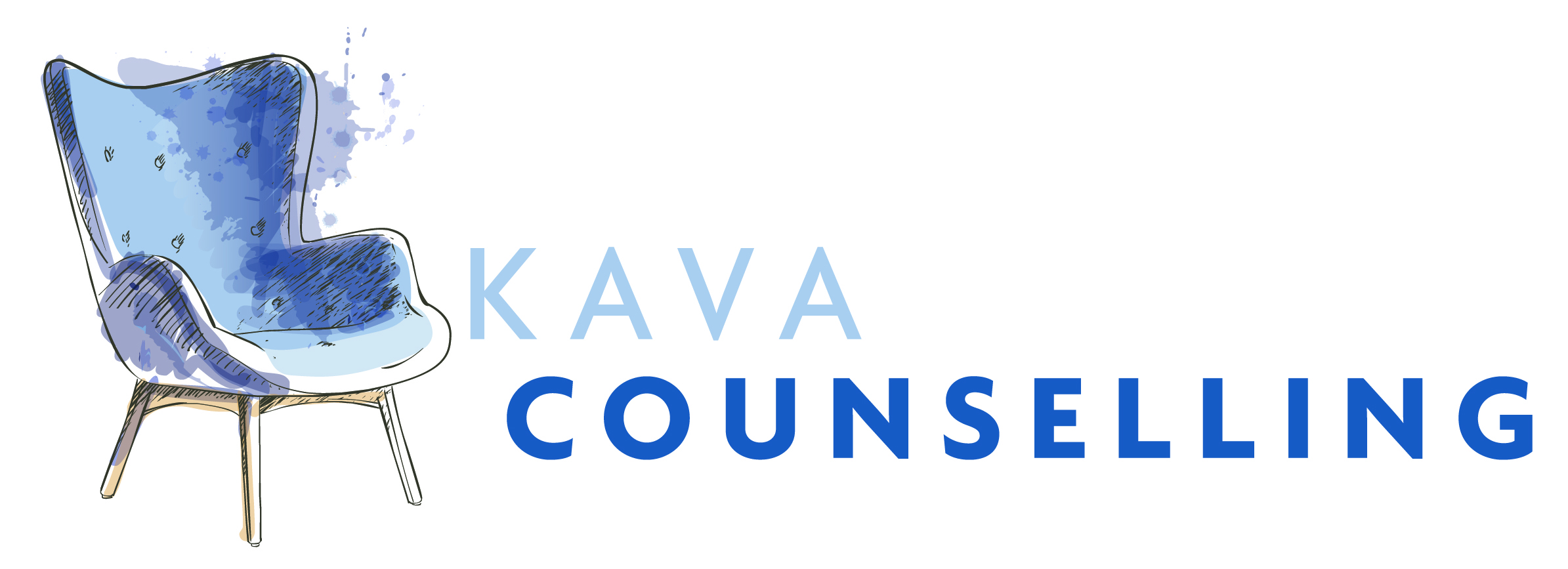A review of "Integrating Counselling and Psychotherapy – directionality, synergy and social change"
In the studio of the prolific TV writer Paul Abbott, creator of hundreds of hours of innovative series (Shameless, State of Play, Clocking Off) is a poster with seven syllables: Work Hard and Be Nice to People.
Likewise, at the heart of the latest book by @MickCooper, Integrating Counselling and Psychotherapy – Directionality, Synergy and social change, which evidences academic study across psychology, sociology and philosophy, is a message just as pithy: do what works.
Gathering together the context for interventions across many disciplines is a significant undertaking. As such, Cooper is ambitious and committed, drawing on social theories from Freud to Layard, across disciplines wider than counselling and psychotherapy, to get to the core of understanding and alleviating human distress.
Bound for the reading list of any higher education course relating to the psyche, Cooper’s ability to cover so much in 250 pages is impressive. The book, with questions for reflection and further reading to illuminate the wider context of social-political health economics, it is dense with scrupulous clarification of terms and context (a typical paragraph takes Bandura, Rogers and Layard in four lines) but it repays perseverance.
Cooper’s aim is simple and radical: to cut through dogmatic differences to harness the solution finding mechanism within us all. Two case studies are threaded through, pulling us back from the overview to the individual, and the compelling immediacy of client work
It is unusual to focus on the title, but it points to the significance of the work. The first word is directionality: not only for the profession, but in terms of an individual. Colloquially, we feel ‘stuck’ and aimless. Cooper describes ‘actualising direction’ as part of wellbeing and reminded me of the significance of freedom of movement, in the person centered principles of autonomy and beneficence.
Next, synergy, the interaction of two or more agents to produce a combined effect greater than the sum of their separate effects. This is the heart of the book and the pluralistic movement. As Cooper says, “I try and outline some of the principles by which synergies can be developed: establishing trust, communicating more clearly, being assertive, embracing creativity and difference .”
Thirdly, social change: necessary to address the holistic experience of the client, whose environment may be the major issue.
These words point to big ideas, but the essence is radically simple: how can we best effect change? How do we meet and empower our client? ‘Can we look at the limits and challenges of synergetic processes to develop even deeper and more integrative principles of positive change?’
This feels like a work of great respect, to examine the principles mushrooming in an increasingly busy and tetchy field, to remind us that resources are ours to use, to tailor to the person before us, as we attempt to witness, reflect and even assist.
Find the book and online resources here: http://bit.ly/2uXGIRI
